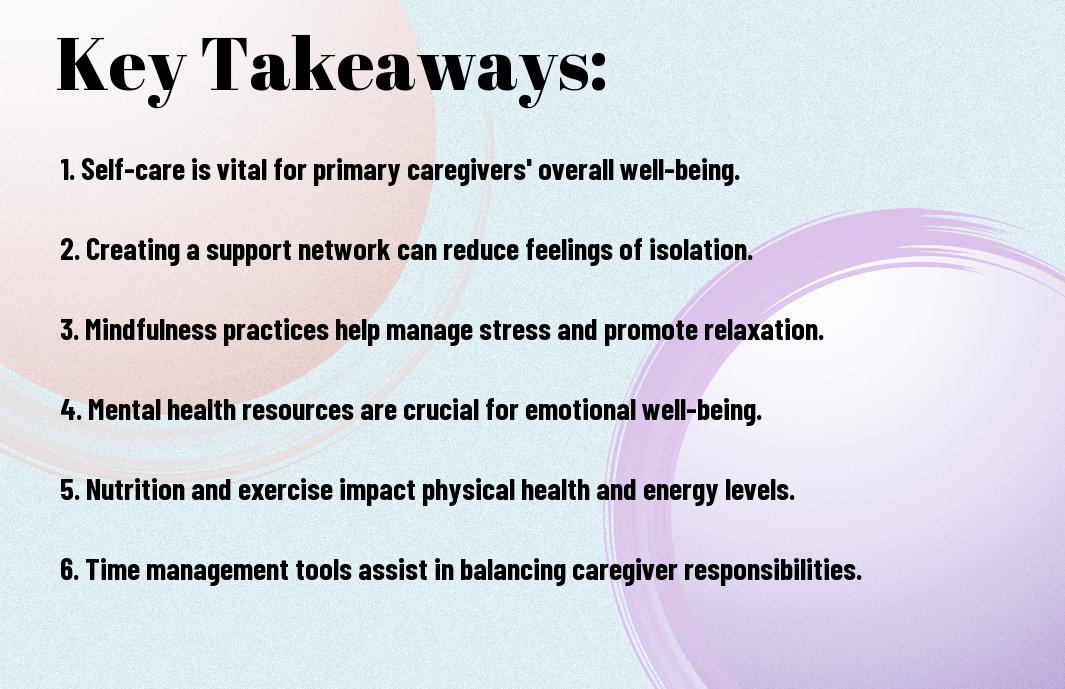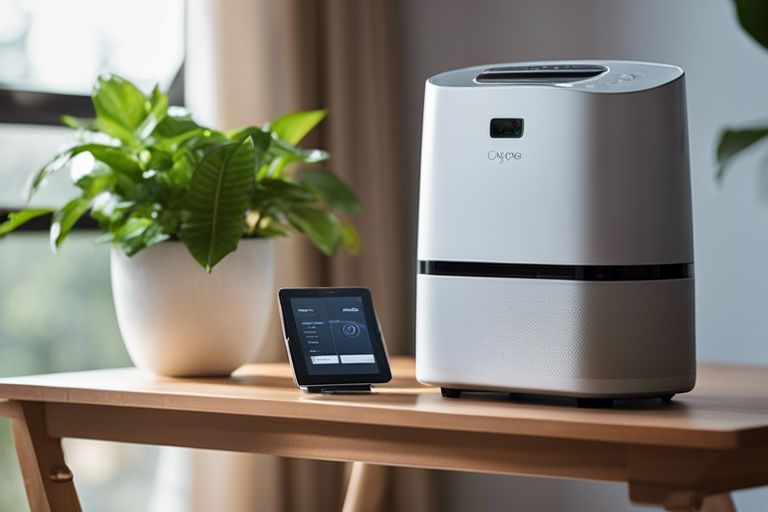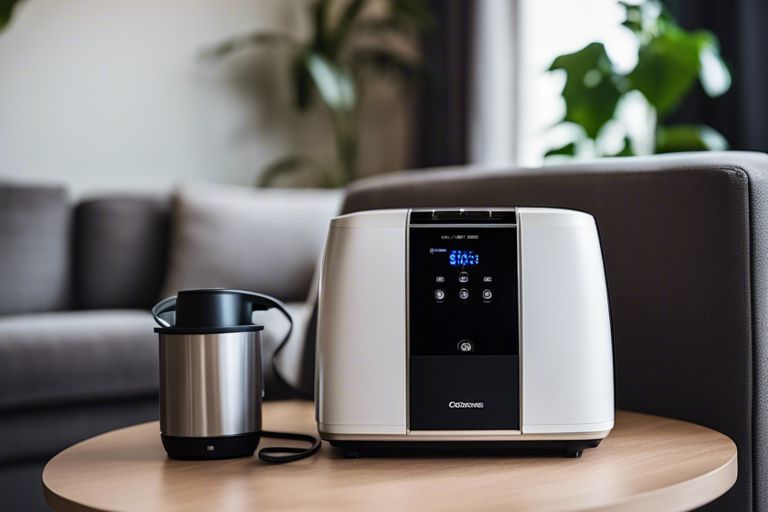There’s a deep need for primary caregivers to prioritize their well-being as they juggle the immense responsibilities of caring for others. In this informative post, we will explore a range of holistic wellness resources that can empower and support those who dedicate their time and energy to the well-being of others. From self-care practices to community support networks, these resources are imperative for nurturing the mental, emotional, and physical health of primary caregivers.

Key Takeaways:
- Self-care is necessary: Primary caregivers need to prioritize their own well-being to effectively care for others.
- Access to mental health resources: Providing tools and resources for managing stress, anxiety, and burnout is crucial for caregivers.
- Community support: Connecting caregivers with support groups or online communities can help reduce feelings of isolation and provide a sense of belonging.
- Flexible work arrangements: Offering flexible work schedules or remote work options can help caregivers balance work and caregiving responsibilities.
- Financial assistance: Providing financial resources or assistance can help alleviate the financial burden that often comes with being a primary caregiver.


Identifying the Challenges of Primary Caregivers
For primary caregivers, navigating the responsibilities of caring for a loved one can be overwhelming. The emotional, physical, and mental toll can often go unnoticed, impacting their overall well-being. According to The Benefits of Holistic Integrated Healthcare, primary caregivers face unique challenges that can be detrimental to their health if not addressed.
Emotional Burden
Burdened with the weight of witnessing their loved one’s struggles, primary caregivers often experience heightened levels of stress, anxiety, and emotional exhaustion. The constant worry and fear for their loved one’s well-being can lead to feelings of guilt, helplessness, and isolation. Balancing their own needs with the demands of caregiving can take a toll on their mental health, leading to burnout and compassion fatigue.
In addition to the emotional toll, primary caregivers may also grapple with feelings of grief and loss as they witness their loved one’s declining health. The emotional strain of witnessing the deterioration of someone they care deeply about can be incredibly challenging to cope with. It is vital for caregivers to prioritize their emotional well-being and seek support to navigate these complex emotions.
Physical Strains
The physical demands of caregiving can also take a significant toll on primary caregivers. From lifting and transferring their loved one to providing hands-on personal care, caregivers often face physical strain and exhaustion. The lack of time for self-care and proper rest can exacerbate these physical challenges, leading to fatigue, muscle pain, and even injuries.
This physical strain can have long-term effects on the caregiver’s health and well-being. It is crucial for caregivers to prioritize their own physical health by seeking assistance with tasks that may be too strenuous and incorporating regular breaks and self-care activities into their routine. By addressing these physical strains, caregivers can better support both themselves and their loved ones in the long run.
This physical strain can impact every aspect of a caregiver’s life, from their ability to work and socialize to their overall quality of life. It is vital for caregivers to recognize the signs of physical strain and take proactive steps to address them. This may include seeking assistance from other family members or healthcare professionals, incorporating regular exercise and stretching routines, and practicing self-care activities that promote physical well-being. By acknowledging and addressing these physical strains, caregivers can better meet the challenges of caregiving while safeguarding their own health and wellness.
Holistic Wellness Resources for Primary Caregivers
There’s no denying that being a primary caregiver can be emotionally and physically draining. It’s crucial for caregivers to prioritize their own well-being to effectively care for others. Holistic wellness resources offer a comprehensive approach that considers the mind, body, and spirit. By incorporating these resources into their routine, primary caregivers can better manage stress, enhance their overall health, and find balance in their lives.
Mindfulness and Meditation
Wellness starts with mindfulness and meditation practices that help primary caregivers cultivate a sense of calm and presence amidst their busy schedules. Mindfulness involves being fully aware of the present moment without judgment, which can reduce stress and improve emotional well-being. Meditation techniques, such as deep breathing exercises and guided imagery, can promote relaxation and mental clarity. By dedicating even just a few minutes each day to mindfulness and meditation, caregivers can recharge and focus on their inner peace.
SelfCare
Wellness
A
There’s no one-size-fits-all approach to self-care, as it can vary for each individual. Primary caregivers can explore different self-care practices to discover what resonates with them personally. Whether it’s engaging in hobbies, spending time in nature, practicing yoga, or journaling, self-care activities should be nourishing and restorative. By making self-care a priority, caregivers can replenish their energy reserves and prevent burnout, ultimately improving the quality of care they provide to their loved ones.
Building Resilience through Community Support
To truly thrive and maintain holistic wellness, primary caregivers must establish a strong support system. Community support plays a crucial role in building resilience and providing a sense of belonging. According to Holistic, Personalized Care for Employees: What it Means …, having access to a supportive community can significantly impact one’s overall well-being by offering emotional support, practical advice, and a safe space to share experiences.
Online Forums and Support Groups
To connect with like-minded individuals facing similar challenges, online forums and support groups can be invaluable resources for primary caregivers. These platforms provide a space for individuals to share their struggles, seek advice, and offer encouragement to one another. Engaging in these online communities can help reduce feelings of isolation and provide a sense of camaraderie during difficult times.
Local Resources and Networking
On a more personal level, local resources and networking opportunities can also be instrumental in helping primary caregivers establish a support system. Local parenting groups, caregiver support organizations, or community centers can offer access to workshops, events, and networking opportunities where caregivers can connect with others facing similar situations. Building relationships within the local community not only provides emotional support but can also lead to valuable resources and information that can help caregivers navigate their responsibilities more effectively.
The connections made through local resources and networking can foster a sense of solidarity and understanding among caregivers, creating a supportive environment where individuals can share their experiences and learn from one another. In addition to emotional support, these local connections can also lead to practical assistance, such as recommendations for reliable care services, trusted healthcare providers, or tips for self-care practices. By tapping into local resources and networks, primary caregivers can build a strong foundation of support to help them navigate the challenges of caregiving more effectively.
Final Words
So, as we come to the end of our exploration into what holistic wellness resources benefit primary caregivers, it is evident that self-care is not only important but necessary for those who dedicate their lives to caring for others. The journey of a caregiver can be rewarding yet incredibly challenging, and having access to various resources that cater to their mental, emotional, and physical well-being can make a significant difference in their overall quality of life.
Remember that taking care of oneself is not selfish; it is an act of self-love that ultimately enables caregivers to show up fully for those they care for. By incorporating practices such as mindfulness, self-compassion, setting boundaries, seeking support, and engaging in activities that bring joy and relaxation, primary caregivers can cultivate a sense of balance and well-being in their lives.
Let us continue to promote a culture that values and supports the well-being of primary caregivers, recognizing the vital role they play in society. Through education, awareness, and access to holistic wellness resources, we can empower caregivers to prioritize their own health and happiness, leading to a more sustainable and fulfilling caregiving experience for all involved.
FAQ
Q: Why is holistic wellness important for primary caregivers?
A: Holistic wellness is important for primary caregivers because it addresses their physical, mental, and emotional well-being, helping them maintain balance and prevent burnout.
Q: What are some holistic wellness resources that can benefit primary caregivers?
A: Some holistic wellness resources that can benefit primary caregivers include meditation apps, online support groups, self-care workshops, and counseling services.
Q: How can primary caregivers incorporate self-care into their daily routines?
A: Primary caregivers can incorporate self-care into their daily routines by setting boundaries, taking short breaks throughout the day, practicing deep breathing exercises, and engaging in activities they enjoy.
Q: What are the benefits of mindfulness practice for primary caregivers?
A: Mindfulness practice can help primary caregivers reduce stress, improve focus and attention, enhance self-awareness, and cultivate compassion for themselves and others.
Q: How can primary caregivers seek professional help for their holistic wellness needs?
A: Primary caregivers can seek professional help for their holistic wellness needs by reaching out to therapists, counselors, life coaches, or holistic healers who specialize in supporting caregivers. It’s important to prioritize their well-being and seek help when needed.



